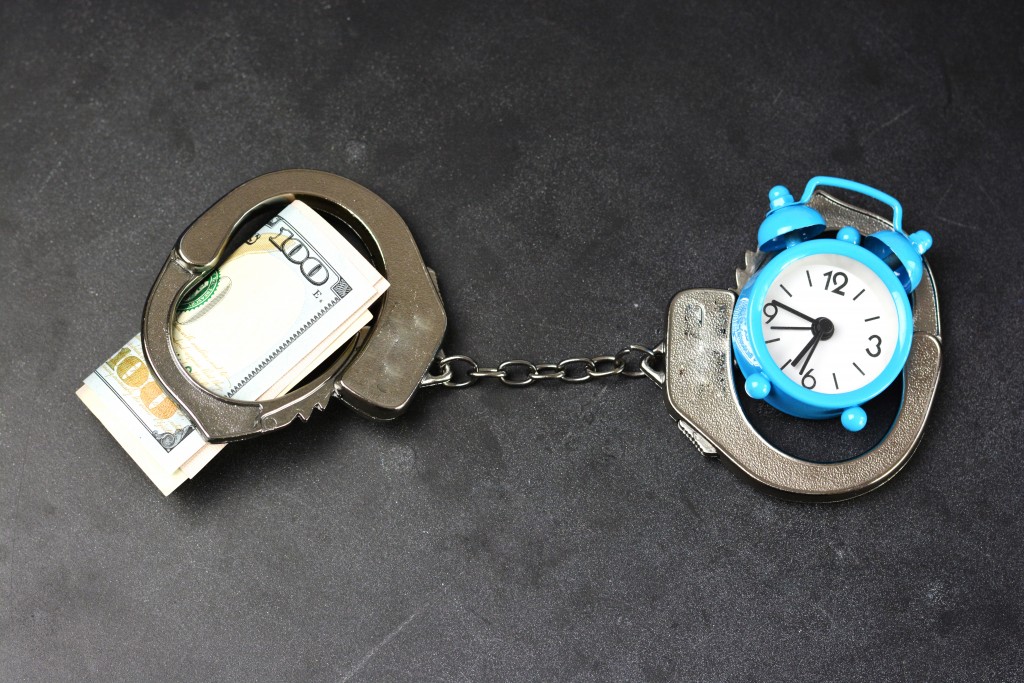Bail is an amount of money that you pay to get someone out of jail. It ensures that the person in question will show up at the required dates for legal hearings. Here are more things you should know about it:
Paying bail
A bail can often be a pain for many, especially for those who can’t afford to pay it. Many people who have been arrested choose to pay their bail through bonds. Many providers of bail bonds in Salt Lake County and other parts of Utah can help you.
Bonds are a form of guaranteed payment consisting of the full amount of the bail. The defendant pays the bail bond company 10% or 20% of the total bail amount. This is a non-refundable fee. The bond company agrees to pay the full bail amount should the defendant fail to appear in court.
If you choose to pay the full amount yourself, then there are several options that you can consider. You can pay it in cash or check, or you can put up property valued at the same amount.
If you pay it in full and comply with the required court appearances, then the bail amount will be refunded to you after the conclusion of the case. An administrative fee will be deducted from the amount.
How bail is determined
Judges are the ones who decide how much bail is set for a person. Their decision is based on several factors, such as the seriousness of the charge, the person’s criminal history, employment status, and standing in the community.
Bail conditions
Defendants who have gone out on bail must comply with its requirements. These are called the “conditions of release.” If the person violates just one of the conditions, a judge can revoke the bail and issue a new arrest warrant, putting the person back in jail.
The conditions can reflect the crime for which the defendant is suspected to have committed. One example is a person who has a domestic violence charge, who is then required to stay away from the alleged victim.
Lowering the bail amount
Many people can’t afford to pay bail or even to get a bail bond. In this case, they can appeal to the judge to lower the amount required.
The Eighth Amendment outlines the rules to avoid cruel and unusual punishments. One of the inclusions is to make sure that the bail is not excessive. As such, if the defendant feels that the bond is too high, he or she can appeal it.
However, judges have been known to set high bail amounts for people who are deemed to be dangerous to society or at risk of escaping.
Not paying bail at all

There is a way that you can avoid having to pay bail. However, this is only for people who meet specific requirements. This is called released “on their own recognizance,” or commonly known as O.R. In this case, the defendant only has to sign a document promising to appear in court at the appointed date and time.
People who have been granted O.R. usually have strong ties to the area, making them unlikely to leave. The factors that judges consider include employment, presence of family members living in the area, long residence in the community, having a record of always appearing in court when required, and having a clean record or a short one involving only minor charges.
Defendants typically request for O.R. at their first appearance in court. However, the judge can deny it, leaving the defendant to ask for a lower bail amount instead.
Bail is not just the money you pay to get out of jail. It has certain conditions that should be met, such as appearing in court. These are the most important things you should bear in mind if you find yourself needing bail.

